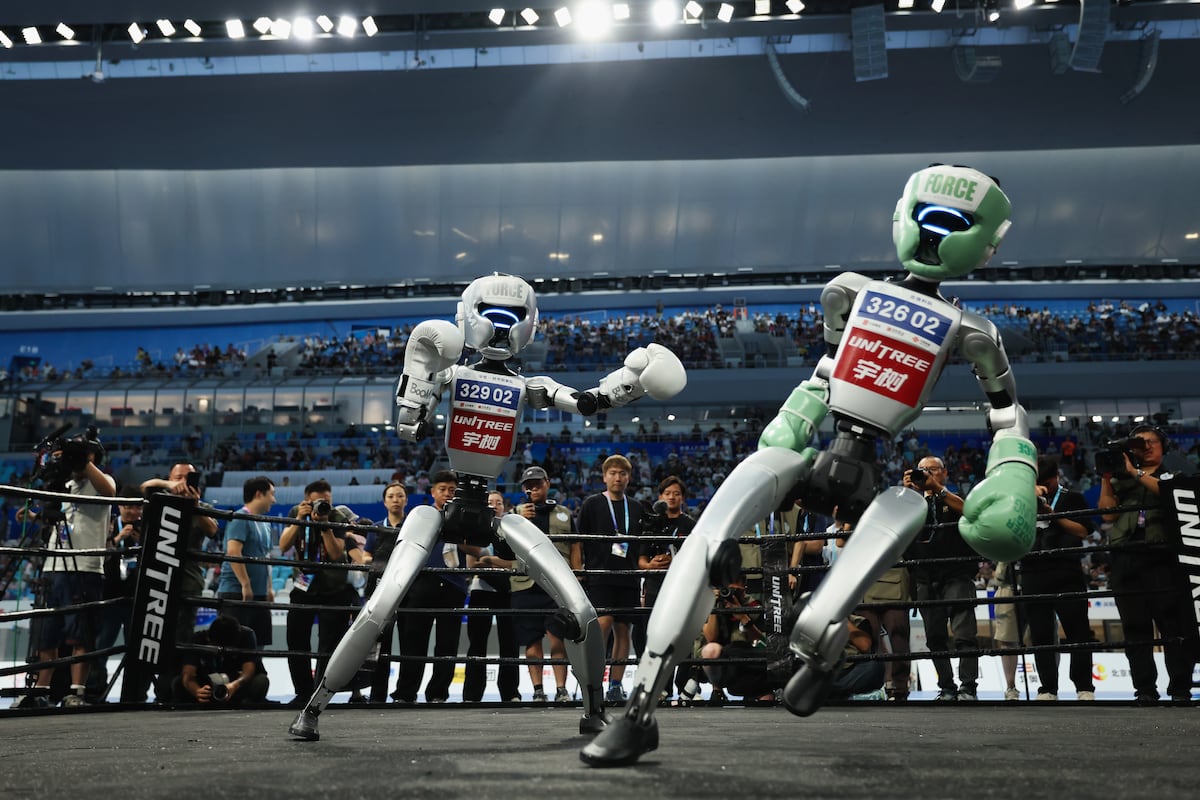
"Beijing hosted the first World Humanoid Robot Games over the past weekend, an event that reflects China's dual ambition: to showcase the technological muscle with which it is advancing toward consolidating itself as a power in artificial intelligence applied to robotics, and at the same time, to bring citizens closer to machines destined to play an increasing role in the economy and in daily life."
"the government has doubled down on the industries it considers essential to safeguard its future and competitiveness against the United States. And AI occupies a central place in that strategy: it is part of the military modernization plans and, in parallel, is being promoted in the civilian sphere to automate factories and strengthen healthcare and elder care, with the aim of mitigating the loss of labor."
Beijing hosted the first World Humanoid Robot Games, showcasing humanoid robots performing stunts, fights, and team sports to familiarize citizens with machines entering daily life. Financial and political leaders forecast accelerated adoption, with Morgan Stanley predicting faster rollout driven by large state orders and Premier Li Qiang urging creative digital-economy development emphasizing AI integrated into physical systems. The government confronts tariffs, sanctions, and a demographic crisis expected to shrink the working-age population by over 20% by 2050, prompting a focus on semiconductors, robotics, and patents. AI is central to military modernization and civilian automation of factories, healthcare, and elder care to mitigate labor loss.
Read at english.elpais.com
Unable to calculate read time
Collection
[
|
...
]